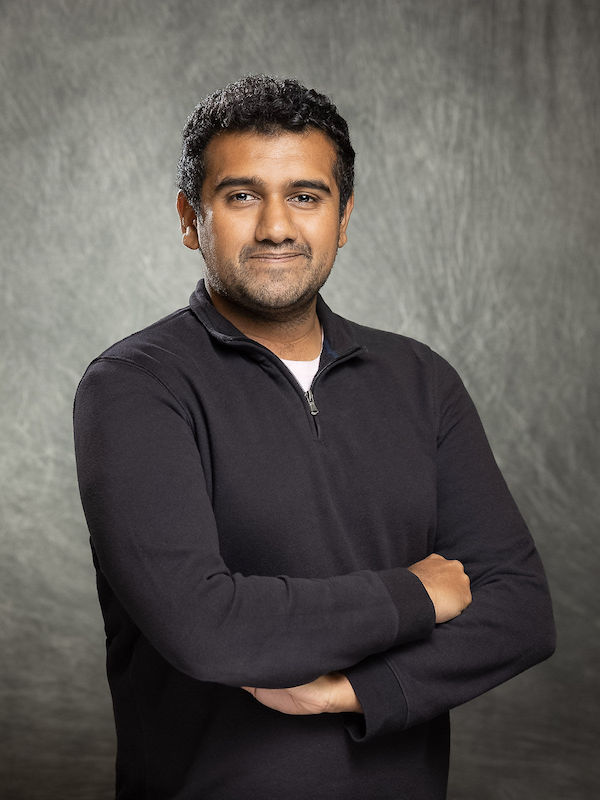Saigopal Rangaraj
 Pronouns: he/him
Pronouns: he/him
Graduation year: 2019
Hometown: Gaborone, Botswana & Mumbai, India
Currently living in: Denver, Colorado
Current occupation: Associate Consultant, Bain & Company
What was your experience like at CC as a Mathematical Economics major?
I enjoyed majoring in Mathematical Economics as I could take theoretical courses as well as others that were more applied. This mix allowed me to learn many different skills while also being able to pace myself and explore the fantastic opportunities CC provided outside of the classroom. These opportunities included various grants that helped me explore things like religious decline in the Caribbean, art auctions in LA, and voting patterns in the U.K. I also studied abroad at the London School of Economics, worked on a startup, and took advantage of various volunteer positions and research opportunities with the State of The Rockies. My time at CC was greatly influenced by the people I engaged with, the classes I took, and the immense wealth of knowledge I engaged with inside and outside the classroom.
Why were you interested in focusing on Mathematical Economics as your major?
I initially wanted to study Mathematical Economics as I knew the advanced math courses would be seen as a plus when applying for graduate programs in economics. During my time in college, I began weighing options outside of academia and landed on management consulting as my path right after CC. I was initially worried as I barely studied business. However, the Mathematical Economics major provides the right mix of classes to leverage different skill sets, from extensive writing courses to higher-level math classes that require advanced proofs. This breadth of coursework prepared me well for consulting, and I continue to lean on my CC network to this day.
How are you using your major in your post-CC life?
Occasionally, I scratch my head and call upon concepts I covered in Microeconomics or Econometric Theory, such as the 'Theory of The Firm' or 'Instrumental Variables.' Those moments are few and far between, though. What I constantly use are the soft skills that I acquired at CC, such as making decisions based on limited information, quickly getting smart on new topics, or creating frameworks to clean and analyze large datasets quickly. I practiced these skills during my 26-odd blocks (and one year abroad) at CC. As cliche as it may sound, learning how to learn is the most important thing one learns in college. The Mathematical Economics major supercharges that expression with the rigor and breadth of courses that it requires you to take... and for that, I am forever grateful.
